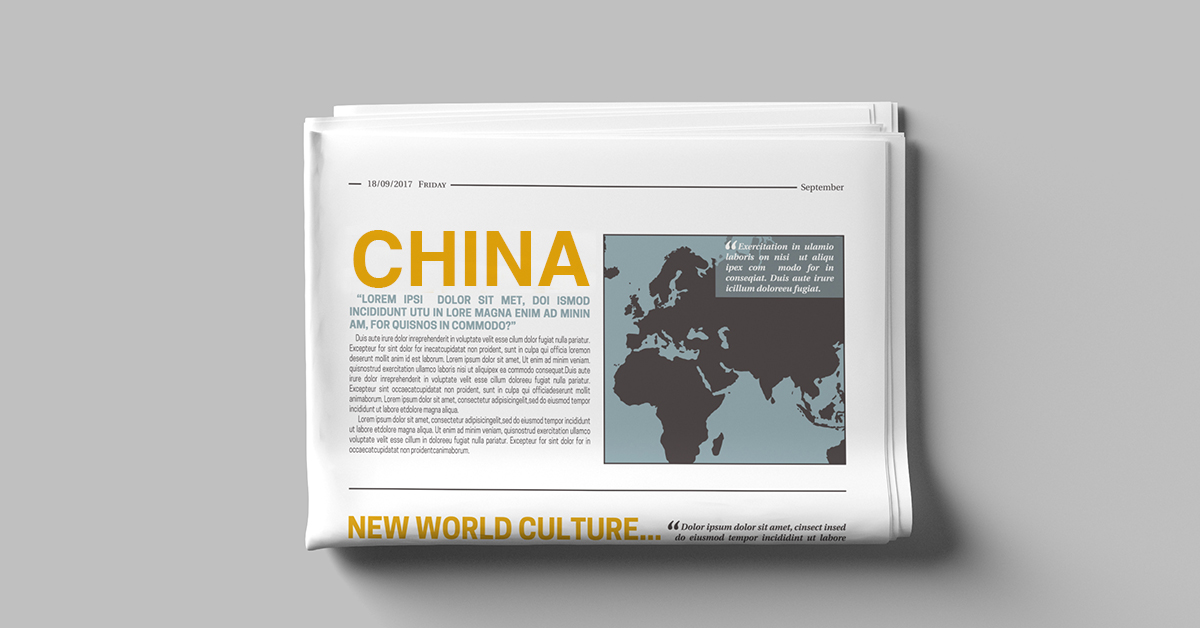China’s 600km/h Maglev Unveiled: The Train That Rivals Airplanes
China has officially debuted its fastest-ever ground transport — a maglev train capable of reaching 600km/h (373mph), unveiled this week at Beijing’s 17th Modern Railways expo. Developed by CRRC, the sleek, aerodynamic train is designed to slash travel times, like cutting the Beijing–Shanghai route from 5.5 hours to just 2.5. Still undergoing testing, the maglev aims to fill the speed gap between traditional high-speed rail and aviation, offering airplane-like velocity with the safety and punctuality of rail.
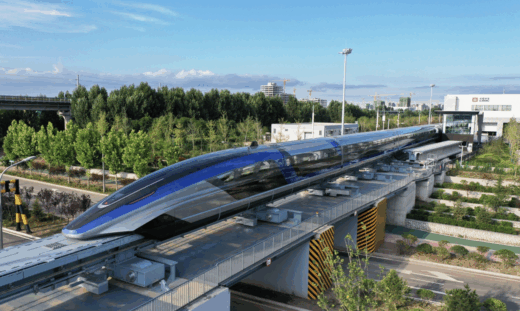
Pentagon Pulls the Plug on China-Based Tech Help Amid Cybersecurity Uproar
Microsoft will no longer use engineers based in China to support U.S. military cloud services after a ProPublica investigation raised red flags over national security. The report revealed that Chinese engineers had been assisting with Pentagon systems under the watch of subcontracted “digital escorts” — individuals with security clearance but questionable technical expertise. This sparked swift backlash from Senator Tom Cotton and prompted Defense Secretary Pete Hegseth to announce a full two-week review of Defense Department cloud contracts. Hegseth confirmed that Chinese involvement in U.S. military cloud services is now banned entirely.

AI Giant Reboots China Ties Amid Chip Policy Changes
In a high-stakes meeting this week, Chinese Commerce Minister Wang Wentao met Nvidia CEO Jensen Huang to reinforce AI cooperation just as Nvidia resumed sales of its H20 chips to China. Huang, now seen as an unofficial envoy in tense U.S.-China relations, voiced strong support for China’s AI ecosystem and praised a host of Chinese tech firms, from Baidu to miHoYo. Speaking at Beijing’s Supply Chain Expo, he called China’s open-source AI a global catalyst and emphasized Nvidia’s long-term commitment to the region. Nvidia’s stock surged 5.6% on the news, pushing its market cap beyond $4 trillion — the first in the world to hit that mark.
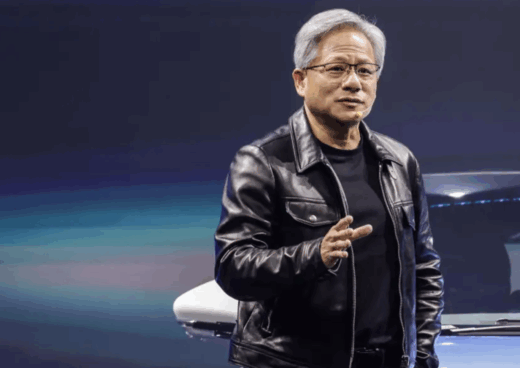
Astronomer CEO Resigns After Viral Concert Clip
Astronomer CEO Andy Byron has stepped down following a viral video that captured him in an intimate moment with the company’s HR chief, Kristin Cabot, during a Coldplay concert. The married executive was shown on the big screen embracing Cabot before ducking out of sight — a moment that gained even more attention when Chris Martin quipped on stage, “Either they’re having an affair or they’re just very shy.” The incident, which came days after Astronomer secured a $93 million funding round, triggered a formal internal investigation and Byron’s administrative leave.
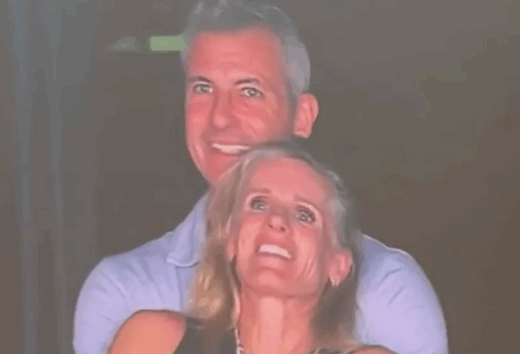
WeRide Launches Southeast Asia’s First Driverless Bus
In a regional first, Chinese autonomous tech firm WeRide has rolled out Southeast Asia’s first fully driverless bus service on Singapore’s Sentosa island — no safety officer onboard, just remote monitoring. Dubbed the Robobus, the vehicle loops a 1.2 km route every 12 minutes, linking hotels to The Galleria mall with 360° vision and long-range obstacle detection. After a flawless year-long trial that moved tens of thousands of passengers accident-free, Singapore’s Land Transport Authority gave the green light for full autonomy.
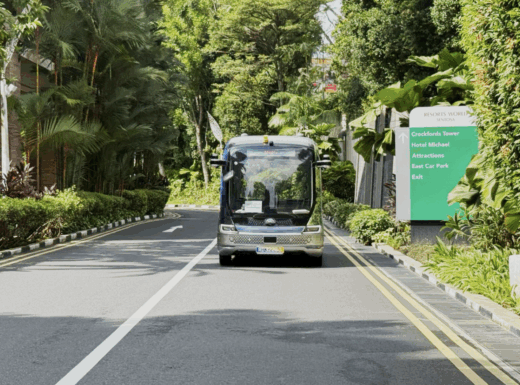
Nine Years Later, Tesla Opens Up In Mumbai
After nearly a decade of delays, Tesla has officially launched in India with its first showroom in Mumbai’s business district. The “Experience Center” showcases the Model Y — starting at ₹59.9 lakh ($68,000) — imported from Shanghai and available now for pre-order in Delhi, Gurugram, and Mumbai. Deliveries begin later this year, with charging infrastructure already underway. Despite past friction over India’s high import tariffs, recent tax cuts have opened the door for Tesla to test the market without committing to local manufacturing.
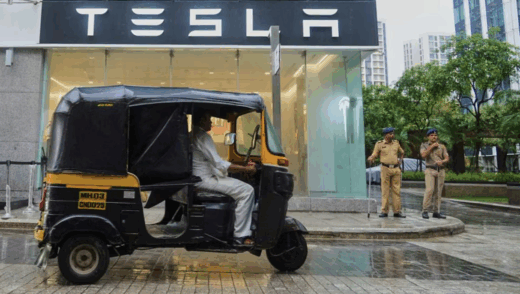
Tech Giants Unite to Keep ‘Thoughtful’ Models in Check"
In a rare show of unity, researchers from OpenAI, Google DeepMind, Anthropic, and other AI leaders have co-authored a position paper calling for urgent research into how to monitor AI reasoning models — especially their “chain-of-thought” (CoT) outputs, which mimic human-style problem-solving. As AI agents grow more capable, experts argue that tracking their decision-making processes may be essential for safety. However, CoTs may be fragile and not always reflective of how models actually reason, raising concerns about over-reliance. The paper urges the industry to study what makes CoTs transparent and monitorable before the opportunity slips away.













